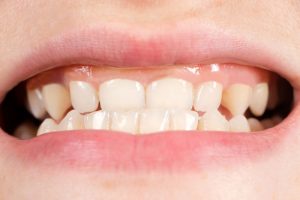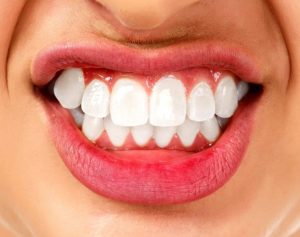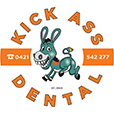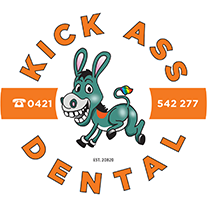Is Teeth Grinding a Serious Problem?
Teeth grinding, medically known as bruxism, is a condition that involves the involuntary clenching and grinding of teeth. While occasional teeth grinding might not raise immediate concerns, persistent and severe cases can lead to serious dental and health issues. Let’s explore the causes, effects, and treatment options associated with teeth grinding.
Causes of Teeth Grinding
Teeth grinding can be caused by various factors:
1. Stress and Anxiety
Stress and anxiety are common triggers for teeth grinding. Many individuals unconsciously clench their jaws or grind their teeth as a response to emotional and psychological stressors.

2. Malocclusions
Malocclusions, which are bite irregularities, can lead to teeth grinding. When the upper and lower teeth do not align properly, the jaw muscles might overcompensate during chewing, leading to grinding.
3. Sleep Disorders
Teeth grinding can also be associated with sleep disorders like sleep apnea. In such cases, the grinding often occurs during sleep and can be accompanied by loud snoring and pauses in breathing.
Effects of Teeth Grinding
Teeth grinding can have several serious consequences:
1. Dental Damage
Consistent grinding can wear down the enamel, the protective layer of teeth, making them more susceptible to cavities and sensitivity. It can also lead to fractures, chipping, and flattening of teeth.
2. Jaw Pain and TMJ Disorders
Excessive grinding can strain the jaw muscles and lead to temporomandibular joint (TMJ) disorders. TMJ disorders result in jaw pain, difficulty in opening and closing the mouth, and even headaches.
3. Disrupted Sleep
Teeth grinding, especially if associated with sleep disorders, can disrupt your sleep and prevent you from entering the restorative phases of sleep. This can lead to daytime fatigue and reduced overall quality of life.

Treatment Options
Addressing teeth grinding is essential to prevent its negative consequences:
1. Mouthguards
Dentists often recommend wearing mouthguards, especially during sleep, to protect teeth from grinding. These custom-fitted devices create a barrier between the upper and lower teeth, preventing direct contact and reducing damage. For teeth grinding services see here.
2. Stress Management
Since stress and anxiety are common triggers, managing these factors through relaxation techniques, exercise, and counseling can significantly reduce teeth grinding episodes.
3. Dental Correction
In cases of malocclusions, orthodontic treatment can correct the bite alignment, addressing the underlying cause of teeth grinding.
4. Medications
For severe cases, medications such as muscle relaxants might be prescribed to alleviate the tension in jaw muscles and reduce grinding.
5. Treating Underlying Conditions
If teeth grinding is linked to sleep disorders like sleep apnea, treating the underlying condition can often lead to a reduction in grinding.
Conclusion
While occasional teeth grinding might not pose a significant threat, chronic and severe bruxism can have serious consequences for dental health and overall well-being. Understanding the causes, effects, and available treatment options is crucial for addressing this issue and preventing further damage. If you suspect that you or someone you know is suffering from teeth grinding, consulting a dentist or medical professional is advised to determine the appropriate course of action.





